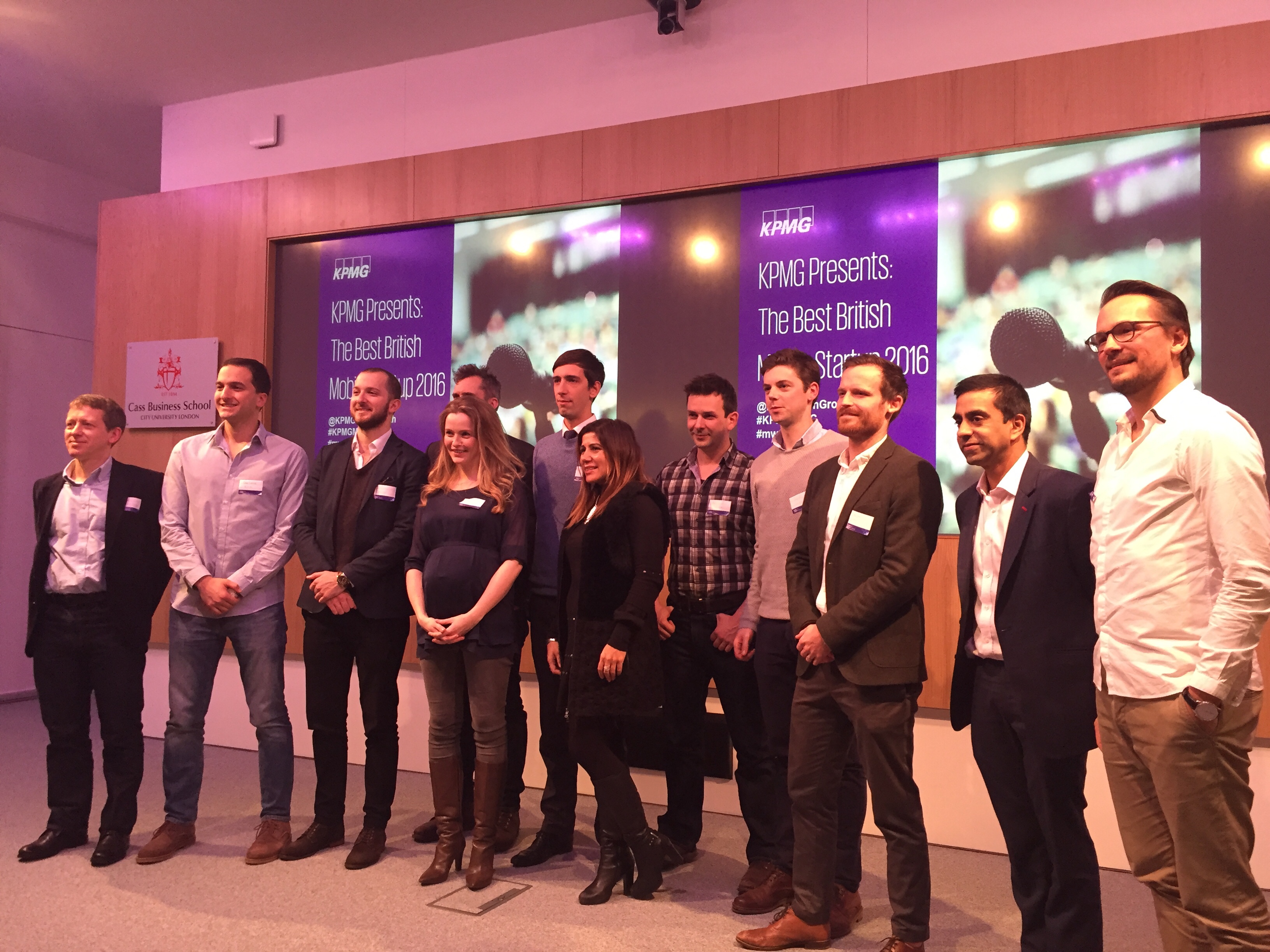
Construct//Disrupt: Proptech took place on the 19th May in London – an event hosted by BaseStone and supported by Savills to explore the future of real estate. The latest innovations disrupting property were showcased and industry thought-leaders shed light on what innovation means for the sector.
The keynote speaker was the fantastic Berlin-based architect Allison Dring, who spoke about the revolutionary “smog-eating” facade panels developed by her company, Elegant Embellishments.
Alex Siljanovski, founder of BaseStone, a construction collaboration startup and creators of the Construct//Disrupt event, spoke about the distributed nature of information in the construction industry and the need for collaboration and user-centred design.

He stated that “The property sector is ripe for disruption and proptech has the potential to address some of the biggest challenges facing cities. Bringing the best startups and innovators to the forefront is what Construct//Disrupt is all about.”
Nicky Wightman, Director of Savills Worldwide Occupier Services and Founding Member of Savills Tech Cities, spoke about their Tech Cities research into the drivers that make successful cities for the technology sector.

Wightman added that “Tech Cities is part of our commitment to understanding the relationship between the technology community and our global cities. It is an evolving programme which aims to be relevant, dynamic and engaging”.
The event was held at Huckletree, London’s most creative co-working space at their latest opening in the Alphabeta Building. Jacob Loftus, Head of UK Investment at Resolution Property, the developers of the space, also spoke at the event, exploring the trends impacting the next generation of workspaces.

A series of startups gave lightning talks showcasing the next generation of technology disrupting property. Raphael Scheps, Co-founder of Converge, spoke about the Internet of Things and concrete sensors that drastically reduce the admin burden on engineers in construction. William Newton, UK Director at WiredScore spoke about the need for connectivity and PropertyScape provided attendees with live demos of their VR technology for property developers.

BaseStone’s Construct//Disrupt events bring together industry leaders and tech startups to showcase the future technologies in construction and engineering. Construct//Disrupt is created and powered by BaseStone with a vision to collectively move towards better collaboration between disciplines and across industry lines.










